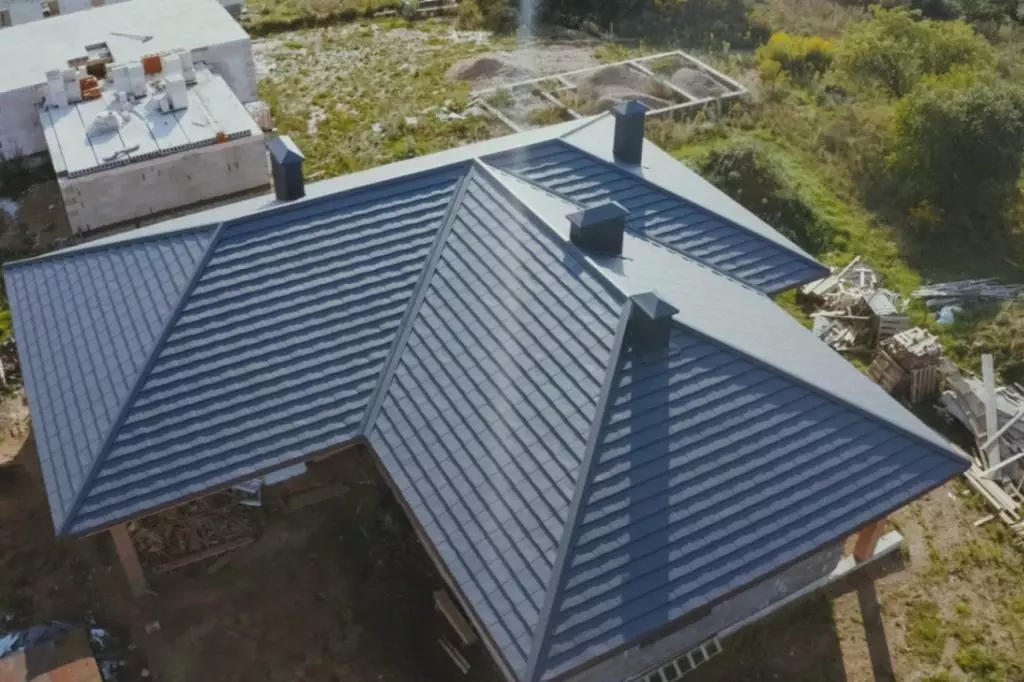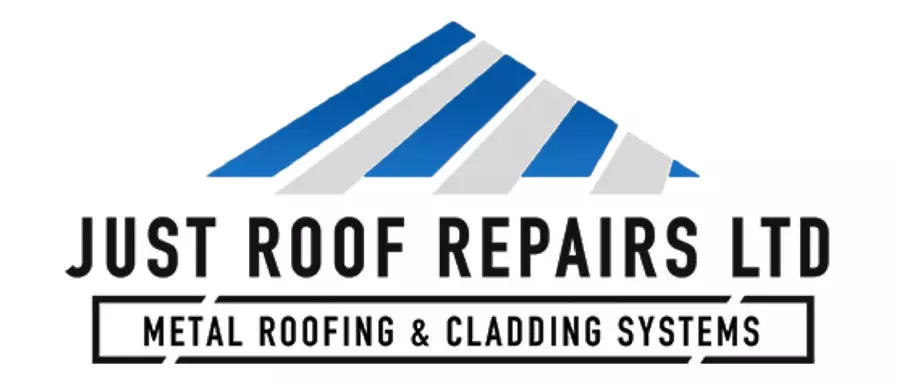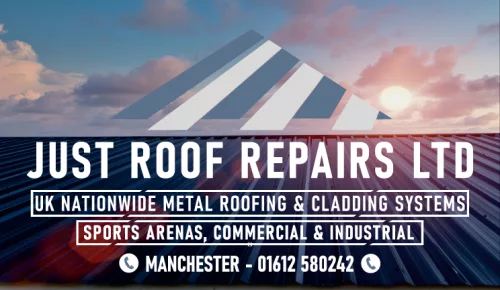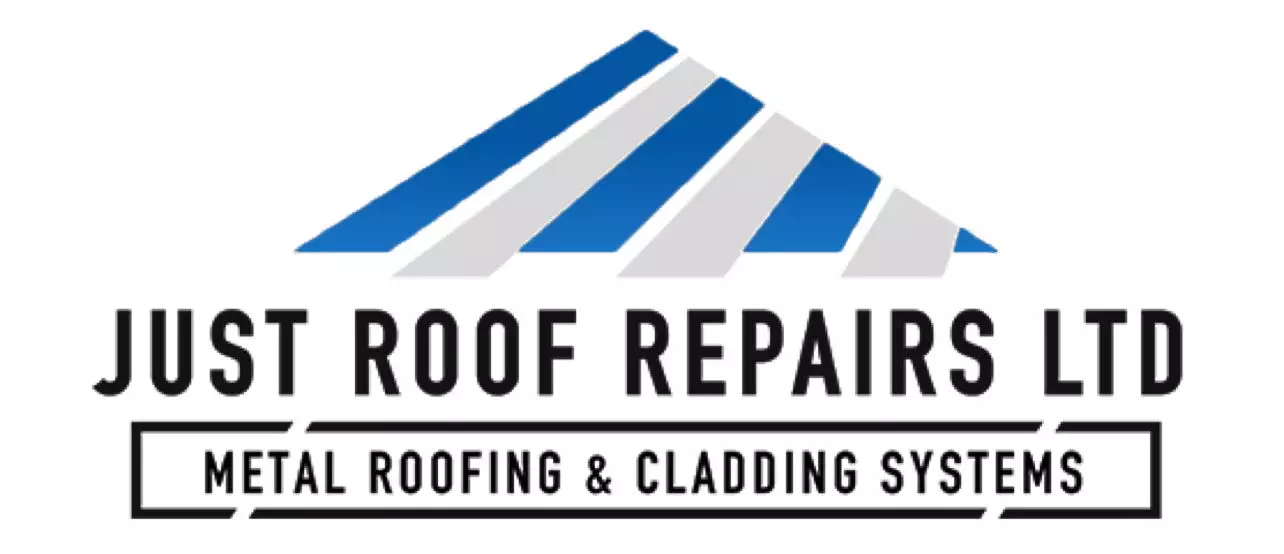Metal roofs are becoming increasingly popular in British industrial estates for several reasons that align with industry needs. Their durability against harsh weather, combined with low maintenance requirements, makes them a practical choice. Additionally, the energy efficiency and customisable designs improve both functionality and aesthetics. As businesses seek sustainable solutions that offer long-term cost savings, it’s vital to understand the specific advantages metal roofing brings to the table.

Key Takeaways
- Metal roofs offer aesthetic appeal and customisation options, enhancing the professional image of industrial estates.
- Their sustainability benefits, including recyclability, attract environmentally conscious businesses.
- Cost-effectiveness is achieved through long-term savings and durability, making them a smart investment.
- Energy efficiency helps reduce cooling costs, further appealing to businesses focused on operational expenses.
- Low maintenance requirements and exceptional durability ensure minimal disruption and long-lasting performance in harsh weather conditions.
The Advantages of Metal Roofing for Industrial Facilities
When you consider roofing options for industrial facilities, metal roofing stands out due to its numerous advantages.
First, it offers significant aesthetic appeal, enhancing the overall look of your building while providing a professional image. Metal roofs come in various colours and finishes, allowing you to tailor the appearance to your brand identity.
Additionally, the installation process is often quicker compared to traditional roofing materials, minimising disruption to your operations. Most metal roofing systems feature interlocking panels that simplify assembly and reduce labour costs.
Moreover, their lightweight nature can decrease the need for extensive structural support, making installation more efficient.
These factors combined make metal roofing a compelling choice for industrial facilities looking to balance practicality with visual impact.
Sustainability and Environmental Benefits
Although many roofing materials pose environmental challenges, metal roofs offer significant sustainability benefits that appeal to eco-conscious businesses.
One major advantage is that metal roofs are often made from recyclable materials, allowing for reduced waste and resource conservation. When you choose metal roofing, you’re investing in an eco-friendly option that can be repurposed at the end of its lifespan, minimising landfill contributions.
Additionally, metal roofs reflect solar energy, which helps reduce energy consumption for cooling, further decreasing your carbon footprint. This energy efficiency not only contributes to a sustainable environment but also improves the overall performance of your industrial facility.
Cost-Effectiveness and Long-Term Savings
Investing in metal roofs can greatly boost the cost-effectiveness of your industrial facility over time. The initial investment may be higher compared to traditional roofing materials, but the durability and longevity of metal roofs result in significant long-term savings.
With proper installation processes, you minimise maintenance costs and reduce the frequency of repairs. Current market trends indicate a growing preference for metal roofs due to their resilience against harsh weather conditions, which further improves their economic viability.
Additionally, metal roofs have a longer lifespan, often exceeding 50 years, making them a smart financial choice. By opting for metal roofing, you align with both economic efficiency and modern construction standards, ultimately benefiting your bottom line.
Energy Efficiency and Temperature Control
Energy efficiency plays an essential role in the appeal of metal roofs for industrial estates. By reflecting solar radiation, metal roofs greatly improve thermal regulation within your facilities.
This reflective property reduces heat absorption, leading to lower indoor temperatures during summer months. Consequently, you’ll experience considerable energy savings on cooling costs.
Additionally, metal roofs can be paired with insulation systems that further boost energy efficiency, minimising heat loss in colder seasons. This dual benefit of maintaining comfortable indoor temperatures year-round can directly impact your operational costs and productivity.
As energy prices rise, investing in metal roofing systems becomes increasingly advantageous, ensuring that your industrial estate not only meets environmental standards but also maximises financial efficiency.
Durability and Low Maintenance Requirements
When you choose metal roofs for your industrial estate, you’re opting for a material renowned for its exceptional durability and low maintenance requirements.
Metal roofs offer superior weather resistance, standing up against harsh conditions like heavy rain, snow, and wind. Unlike traditional roofing materials, they resist rust and corrosion, ensuring a long lifespan with minimal degradation.
With regard to fire safety, metal roofs are non-combustible and can greatly reduce fire risk, adding another layer of protection to your facilities.
You’ll find that these roofs don’t require frequent inspections or repairs compared to alternatives, saving you time and money in the long run.
Frequently Asked Questions
What Colours and Styles Are Available for Metal Roofs?
When considering metal roofs, you’ll find a wide range of colour options, from classic neutrals like grey and black to vibrant shades like red and blue.
Style trends include standing seam, corrugated, and shingles, each offering unique aesthetics and functionality.
You can also choose finishes, such as matte or glossy, which improve durability and appearance.
How Does Installation Differ From Traditional Roofing Materials?
The installation process for metal roofs differs markedly from traditional materials.
You’ll find that metal panels require precise measurements and fastening techniques to guarantee material compatibility with existing structures. Unlike asphalt shingles, metal roofs often utilise a system of clips, allowing for thermal expansion, which is essential for durability.
Additionally, the lightweight nature of metal can streamline the installation, reducing labour time and costs, making it a more efficient option for roofing projects.
Are Metal Roofs Noisy During Rain or Hail?
You might think metal roofs are noisy during rain or hail, but that’s not always the case.
Their insulation properties play an essential role in dampening sound. When properly installed with soundproofing materials, the rain sound is greatly reduced, making them quieter than you’d expect.
Additionally, the roof’s design can help minimise noise, so you won’t be overwhelmed by the pitter-patter of raindrops or the impact of hail.
Can Metal Roofs Be Installed Over Existing Roofs?
Yes, you can install a metal roof over an existing roof, which offers several metal roof benefits, like reduced installation time and fewer materials in a landfill.
However, you should consider installation challenges, such as ensuring the underlying structure can support the additional weight and maintaining proper ventilation.
It’s essential to assess your current roof’s condition and local building codes before proceeding, as these factors can impact the overall effectiveness and longevity of the installation.
What Is the Lifespan of a Metal Roof?
The lifespan of a metal roof typically ranges from 40 to 70 years, depending on various durability factors like material quality, installation methods, and environmental conditions.
You’ll find that proper maintenance requirements, such as regular inspections and cleaning, can greatly extend this lifespan.
Conclusion
In conclusion, choosing metal roofs for your industrial facility is a smart move. Their durability and low maintenance needs mean you won’t face frequent repairs, saving you time and money. Plus, with their energy efficiency and sustainability benefits, you can lower your environmental impact while enhancing your company’s image. Investing in a metal roof not only aligns with modern construction standards but also guarantees long-term cost savings, making it a wise choice for forward-thinking businesses.


